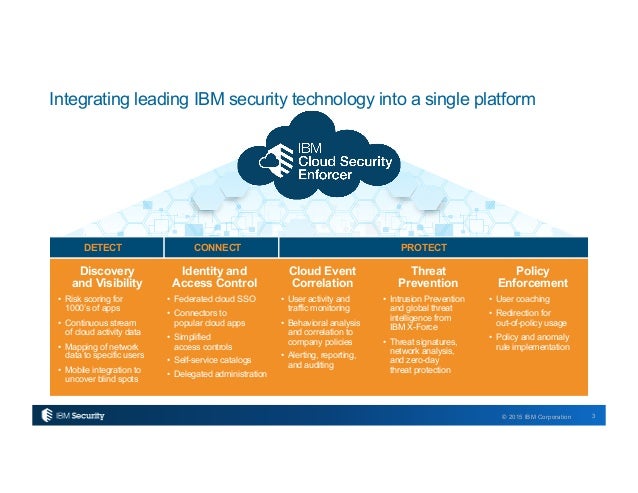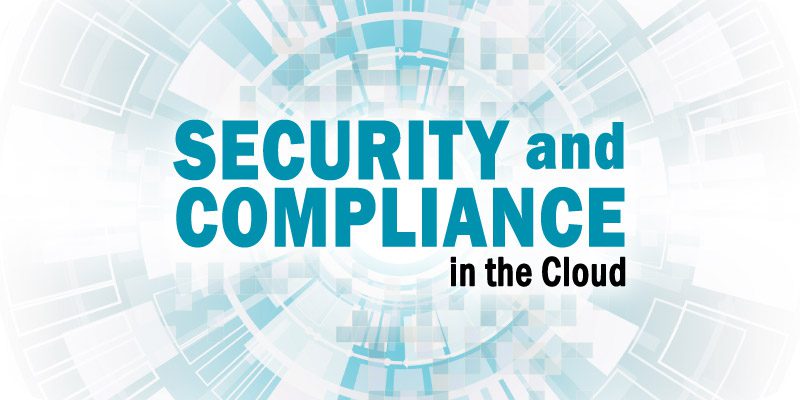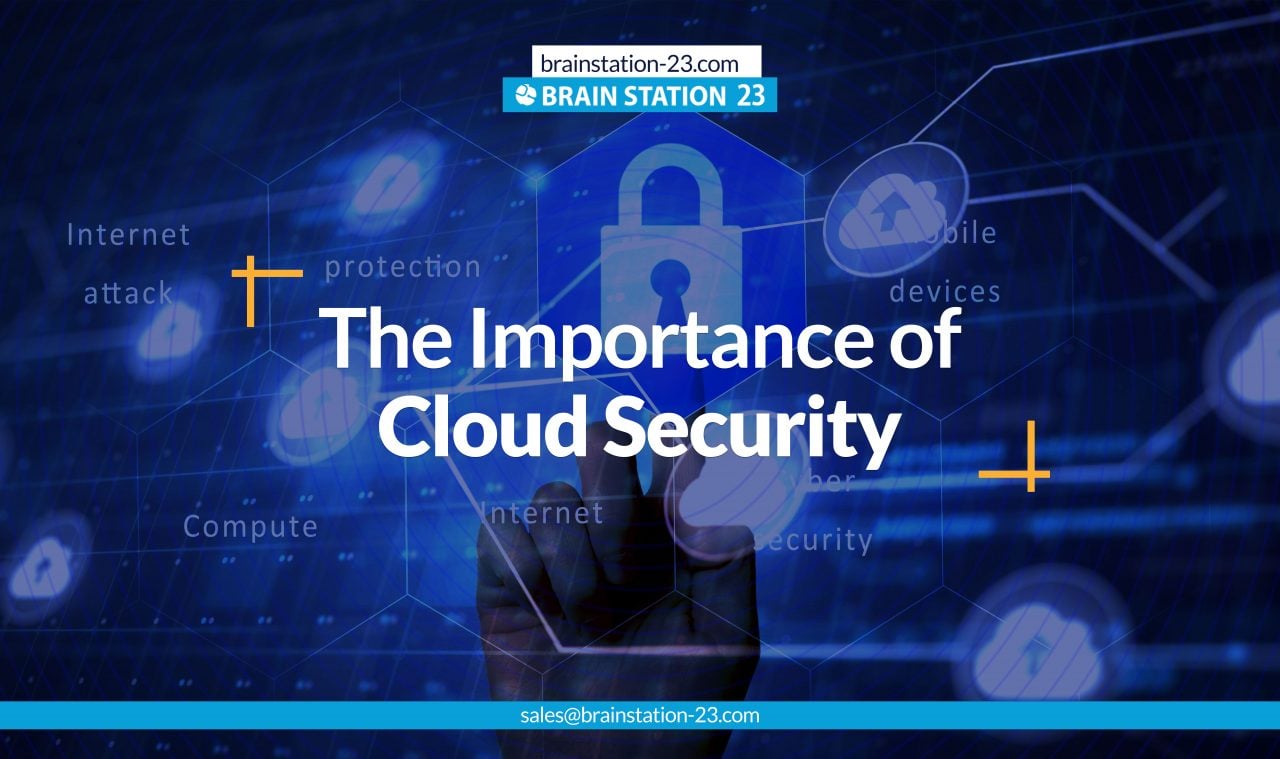IBM Cloud Security: Overview and Importance
IBM Cloud security and compliance is a critical aspect of cloud computing that focuses on protecting data, applications, and infrastructure in the IBM Cloud environment. With the increasing adoption of cloud technologies, ensuring robust security measures has become more important than ever. The shared responsibility model in cloud computing dictates that both the cloud service provider (IBM Cloud, in this case) and the customer share the responsibility for maintaining security.
IBM Cloud takes its security and compliance obligations seriously, offering a wide range of services and tools designed to help customers meet their security objectives. By adhering to industry best practices and investing in cutting-edge security technologies, IBM Cloud ensures that its customers’ data and applications remain secure and compliant with relevant regulations and standards.
In this comprehensive guide, we will delve deeper into the various aspects of IBM Cloud security and compliance, discussing the regulations and standards IBM Cloud complies with, the three pillars of IBM Cloud security, and how to implement security and compliance measures effectively. We will also share real-world examples, address common concerns, and discuss future trends in IBM Cloud security and compliance.
IBM Cloud Compliance: Regulations and Standards
IBM Cloud security and compliance involves adhering to various regulations and standards designed to protect sensitive data and maintain privacy. Some of the most prominent regulations that IBM Cloud complies with include the General Data Protection Regulation (GDPR), Health Insurance Portability and Accountability Act (HIPAA), and Payment Card Industry Data Security Standard (PCI-DSS).
GDPR, which came into effect in May 2018, aims to protect the personal data and privacy of EU citizens. IBM Cloud offers a range of services and tools to help customers achieve GDPR compliance, such as data encryption, access controls, and activity monitoring. Failure to comply with GDPR can result in hefty fines, making it crucial for businesses operating in the EU to ensure their cloud environments are compliant.
HIPAA, on the other hand, focuses on protecting patient data in the healthcare industry. IBM Cloud provides a HIPAA-compliant infrastructure that includes data encryption, access controls, and regular security audits. Compliance with HIPAA is essential for healthcare organizations, as failure to do so can result in significant financial penalties and reputational damage.
PCI-DSS is a set of security standards designed to ensure that companies processing, storing, or transmitting credit card information maintain a secure environment. IBM Cloud offers a PCI-compliant infrastructure that includes data encryption, access controls, and regular security audits. Compliance with PCI-DSS is crucial for businesses that process credit card payments, as failure to do so can result in significant financial penalties and reputational damage.
Maintaining compliance in the cloud is essential for businesses, as failure to do so can result in significant financial and reputational damage. IBM Cloud provides a range of services and tools designed to help customers achieve compliance with various regulations and standards. By implementing robust security measures and adhering to industry best practices, businesses can ensure their cloud environments are secure and compliant.
IBM Cloud Security Pillars: Confidentiality, Integrity, and Availability
IBM Cloud security and compliance is built upon three pillars: confidentiality, integrity, and availability. These principles ensure that data, applications, and infrastructure in the IBM Cloud environment are protected from unauthorized access, modification, and disruption.
Confidentiality
Confidentiality ensures that sensitive data is accessible only to authorized individuals or systems. IBM Cloud provides several services and tools to ensure data confidentiality, such as data encryption, access controls, and secure key management. IBM Cloud also offers encryption at rest and in transit, ensuring that data is protected both when it is stored and when it is transmitted over the network.
Integrity
Integrity ensures that data is accurate and has not been modified or tampered with by unauthorized individuals or systems. IBM Cloud provides several services and tools to ensure data integrity, such as digital signatures, checksums, and message authentication codes. IBM Cloud also offers regular security audits and logs, ensuring that any modifications to data are tracked and monitored.
Availability
Availability ensures that data and applications are accessible and operational when needed. IBM Cloud provides several services and tools to ensure data availability, such as high availability clusters, load balancing, and disaster recovery. IBM Cloud also offers a service level agreement (SLA) that guarantees uptime and availability for its services.
By focusing on these three pillars, IBM Cloud ensures that data, applications, and infrastructure are protected from threats and vulnerabilities. Implementing robust security measures and adhering to industry best practices is essential for businesses to maintain confidentiality, integrity, and availability in the IBM Cloud environment.
How to Implement IBM Cloud Security and Compliance
Implementing IBM Cloud security and compliance measures is essential for businesses to protect their data, applications, and infrastructure in the cloud. Here is a step-by-step guide on how to implement IBM Cloud security and compliance measures:
Step 1: Identity and Access Management
Implementing identity and access management (IAM) is the first step in securing your IBM Cloud environment. IAM ensures that only authorized individuals and systems have access to your cloud resources. IBM Cloud offers IAM services such as Identity and Access Management, Multifactor Authentication, and Single Sign-On.
Step 2: Data Encryption
Encrypting data is essential for protecting sensitive information in the cloud. IBM Cloud offers data encryption services such as Key Protect, which provides secure storage and management of encryption keys, and Encrypted Network, which encrypts data in transit.
Step 3: Security Monitoring
Monitoring your IBM Cloud environment for security threats is crucial for maintaining compliance and protecting your data. IBM Cloud offers security monitoring services such as Security and Compliance Center, which provides a unified view of your security posture, and Log Analysis, which allows you to analyze and monitor log data in real-time.
Step 4: Regular Audits and Reviews
Regularly auditing and reviewing your IBM Cloud environment is essential for maintaining compliance and identifying potential security threats. IBM Cloud offers services such as Activity Tracker, which provides detailed logs of user activity, and Security Advisor, which provides security recommendations based on your cloud resources.
By following these steps, businesses can implement robust IBM Cloud security and compliance measures, protecting their data, applications, and infrastructure in the cloud. It is essential to regularly review and update these measures to ensure that they remain effective and up-to-date with industry best practices and regulatory requirements.
Real-World Examples: IBM Cloud Security and Compliance in Action
Implementing IBM Cloud security and compliance measures can provide significant benefits to businesses. Here are some real-world examples of how businesses have successfully implemented IBM Cloud security and compliance solutions:
Example 1: Healthcare Provider Improves Data Security and Compliance
A healthcare provider implemented IBM Cloud security and compliance measures to improve data security and comply with HIPAA regulations. By using IBM Cloud Identity and Access Management, they were able to implement robust access controls and user authentication. With IBM Cloud Key Protect, they were able to encrypt sensitive data and manage encryption keys securely. As a result, they were able to improve data security, reduce the risk of data breaches, and maintain HIPAA compliance.
Example 2: Financial Institution Enhances Data Privacy and Regulatory Compliance
A financial institution implemented IBM Cloud security and compliance measures to enhance data privacy and comply with GDPR regulations. By using IBM Cloud Identity and Access Management, they were able to implement robust access controls and user authentication. With IBM Cloud Key Protect, they were able to encrypt sensitive data and manage encryption keys securely. They also used IBM Cloud Activity Tracker to monitor user activity and maintain detailed logs for auditing and compliance purposes. As a result, they were able to improve data privacy, reduce the risk of data breaches, and maintain GDPR compliance.
Example 3: Retail Company Strengthens Multi-Cloud Security
A retail company implemented IBM Cloud security and compliance measures to strengthen multi-cloud security. By using IBM Cloud Security Advisor, they were able to identify and remediate security vulnerabilities across multiple cloud environments. With IBM Cloud Key Protect, they were able to encrypt sensitive data and manage encryption keys securely. They also used IBM Cloud Activity Tracker to monitor user activity and maintain detailed logs for auditing and compliance purposes. As a result, they were able to improve multi-cloud security, reduce the risk of data breaches, and maintain regulatory compliance.
These real-world examples demonstrate the benefits of implementing IBM Cloud security and compliance measures. By using specific IBM Cloud services and tools, businesses can improve data security, enhance data privacy, strengthen multi-cloud security, and maintain regulatory compliance. Implementing robust security and compliance measures is essential for businesses to protect their data, applications, and infrastructure in the IBM Cloud environment.
Addressing Common IBM Cloud Security and Compliance Concerns
When it comes to IBM Cloud security and compliance, businesses often have concerns and misconceptions that need to be addressed. Here are some common concerns and guidance on how to mitigate them:
Concern 1: Data Privacy
Data privacy is a significant concern for businesses in the cloud. IBM Cloud takes data privacy seriously and complies with various regulations such as GDPR, HIPAA, and PCI-DSS. IBM Cloud offers services such as IBM Cloud Key Protect and IBM Cloud Identity and Access Management to help businesses implement robust data encryption and access controls. By using these services, businesses can ensure that their data is protected and remains private in the cloud.
Concern 2: Multi-Cloud Security
Multi-cloud security is another common concern for businesses. IBM Cloud offers services such as IBM Cloud Security Advisor and IBM Cloud Activity Tracker to help businesses monitor and secure their multi-cloud environments. By using these services, businesses can identify and remediate security vulnerabilities, monitor user activity, and maintain detailed logs for auditing and compliance purposes.
Concern 3: Regulatory Compliance
Regulatory compliance is essential for businesses in certain industries such as healthcare and finance. IBM Cloud complies with various regulations such as GDPR, HIPAA, and PCI-DSS. IBM Cloud offers services such as IBM Cloud Activity Tracker and IBM Cloud Security Advisor to help businesses maintain regulatory compliance. By using these services, businesses can monitor user activity, maintain detailed logs for auditing, and identify and remediate security vulnerabilities.
By addressing these common concerns and misconceptions, businesses can ensure a secure and compliant IBM Cloud environment. Implementing robust security and compliance measures is essential for businesses to protect their data, applications, and infrastructure in the cloud.
Future Trends: IBM Cloud Security and Compliance
As cloud computing continues to evolve, so do the security and compliance challenges that businesses face. Here are some emerging trends and future developments in IBM Cloud security and compliance that businesses should be aware of:
Trend 1: AI-Powered Security
Artificial intelligence (AI) is becoming increasingly important in cloud security and compliance. IBM Cloud offers AI-powered security services such as IBM Cloud Watson for Cyber Security, which uses machine learning and natural language processing to detect and respond to cyber threats. By using AI-powered security services, businesses can improve their security posture and respond to threats more quickly and effectively.
Trend 2: Zero Trust Architecture
Zero trust architecture is a security model that assumes that all network traffic is untrusted. IBM Cloud offers services such as IBM Cloud Identity and Access Management and IBM Cloud Security Advisor to help businesses implement a zero trust architecture. By using these services, businesses can ensure that all access to their cloud resources is authenticated, authorized, and encrypted.
Trend 3: Regulatory Updates
Regulatory compliance is an ongoing challenge for businesses in the cloud. IBM Cloud stays up-to-date with the latest regulatory requirements and offers services such as IBM Cloud Activity Tracker and IBM Cloud Security Advisor to help businesses maintain compliance. By using these services, businesses can monitor user activity, maintain detailed logs for auditing, and identify and remediate security vulnerabilities.
By staying aware of these emerging trends and future developments, businesses can ensure that their IBM Cloud security and compliance measures remain up-to-date and effective. Implementing robust security and compliance measures is essential for businesses to protect their data, applications, and infrastructure in the cloud.
Conclusion: The Importance of IBM Cloud Security and Compliance
In today’s digital age, businesses are increasingly relying on cloud computing to store and process their data. While the cloud offers many benefits, it also introduces new security and compliance challenges. IBM Cloud security and compliance is essential for businesses to protect their data, applications, and infrastructure in the cloud.
In this comprehensive guide, we have discussed the importance of IBM Cloud security and compliance, the regulations and standards that IBM Cloud complies with, and the three pillars of IBM Cloud security: confidentiality, integrity, and availability. We have also provided a step-by-step guide on implementing IBM Cloud security and compliance measures, shared real-world examples of successful implementations, addressed common concerns and misconceptions, and discussed emerging trends and future developments in IBM Cloud security and compliance.
Implementing robust IBM Cloud security and compliance measures is not just a best practice, but a necessity for businesses in the cloud. By following the steps outlined in this guide, businesses can ensure that their data, applications, and infrastructure are protected, and that they are maintaining compliance with relevant regulations and standards. Remember, security and compliance are shared responsibilities between the cloud provider and the customer, and it’s essential to take a proactive approach to ensure a secure and compliant cloud environment.
Take action today and implement robust IBM Cloud security and compliance measures in your IBM Cloud environments. By doing so, you can protect your business, your customers, and your reputation in the cloud.







